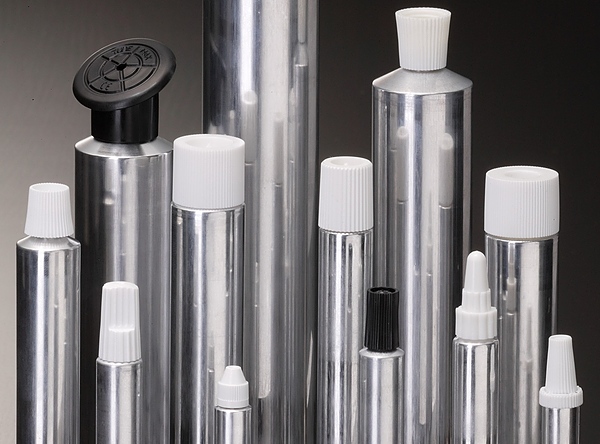ALUMINIUM
Looking outside the box: German deliveries of tubes, aerosol up 4.4% in H1
Deliveries of aluminium tubes in Germany increased 4.4% year-on-year to around 424 mn units during the first half of 2023 on the back of continued strong demand from the pharmaceutical sector and stable development in the cosmetics and food sectors, according to industry group Aluminium Deutschland (Düsseldorf, Germany; www.aluminiumdeutschland.de).
 Deodorants and hair care products were the two largest market segments in H1 2023 (Photo: Aluminium Deutschland) |
Shipments of aluminium aerosol cans jumped 9.5% to 309 mn units, thanks to significant growth in deodorants and hair care products – the two largest market segments.
Related: Global aerosol container deliveries rise 6.8% in 2022
The group said both raw material and energy prices are still a burden to the industry and that shortage of skilled workers has become even more acute.
There has been a noticeable slowdown in demand since the end of the second quarter but the industry remains “cautiously optimistic” in the medium term, it said, adding that the main sales markets for aluminum-based packaging solutions have always proved resilient even in times of crisis.
Planned bans on the use of BPA and PFAS
Commenting on the European Commission’s plans to ban the use of bisphenol-A in food-contact materials, it said that despite significant industry efforts to replace BPA coatings, it would be very difficult to switch both interior and exterior coatings to alternative systems in the medium term.
Related: Standard plastic and aluminium variants under scrutiny by EC
Association chairman Clemens Behrenbruch said, “It is very important that legislators distinguish between the intentional and unintentional use of BPA to enable compliance with the law.”
The group said the commission is currently considering a proposal to ban the use of perfluorinated and polyfluorinated alkyl compounds, a move which it said would be the most comprehensive regulatory intervention in history if it affects the entire PFAS group of substances consisting of some 10,000 different chemicals.
Related: Standard plastic and aluminium variants under scrutiny by EC
Association chairman Clemens Behrenbruch said, “It is very important that legislators distinguish between the intentional and unintentional use of BPA to enable compliance with the law.”
The group said the commission is currently considering a proposal to ban the use of perfluorinated and polyfluorinated alkyl compounds, a move which it said would be the most comprehensive regulatory intervention in history if it affects the entire PFAS group of substances consisting of some 10,000 different chemicals.
05.09.2023 Plasteurope.com [253536-0]
Published on 05.09.2023

 German version of this article...
German version of this article...